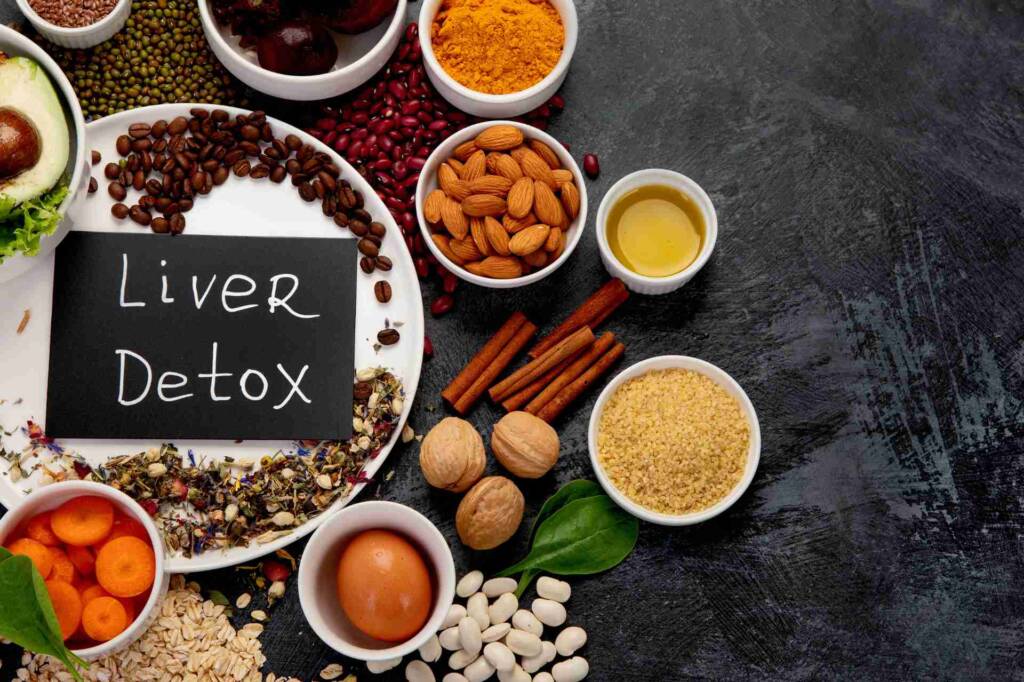The liver is a vital organ responsible for numerous essential functions in the body, including detoxification, metabolism, and nutrient storage. As such a critical player in our overall health, understanding how to care for your liver is paramount. From recognizing symptoms of liver damage to preventing liver disease, let’s delve into the importance of liver health and how to maintain it.
Understanding the Role of the Liver:
The liver is like a chemical processing plant within our bodies. Among its many functions, it detoxifies harmful substances, metabolizes nutrients, stores energy in the form of glycogen, and produces bile to aid in digestion. Additionally, the liver plays a crucial role in filtering blood and removing toxins, drugs, and other waste products from the bloodstream.


Recognizing Symptoms of Liver Damage:
Liver damage can occur due to various factors, including excessive alcohol consumption, viral infections (such as hepatitis), obesity, and certain medications. It’s essential to recognize the signs of liver damage, which may include:
- Jaundice: Yellowing of the skin and eyes due to a buildup of bilirubin, a waste product processed by the liver.
- Fatigue: Persistent tiredness or weakness, even with adequate rest.
- Abdominal Pain: Discomfort or pain in the upper right abdomen, where the liver is located.
- Swelling: Swelling in the abdomen or legs due to fluid retention (ascites).
- Nausea and Vomiting: Feeling nauseous or vomiting, particularly after meals.
- Changes in Stool or Urine: Pale-colored stool or dark urine may indicate liver dysfunction.
Preventing Liver Disease:
Prevention is key when it comes to liver health. Here are some steps you can take to reduce the risk of liver disease:
- Limit Alcohol Consumption: Excessive alcohol intake can lead to liver damage and increase the risk of liver disease, including cirrhosis and liver cancer.
- Maintain a Healthy Diet: Eating a balanced diet rich in fruits, vegetables, whole grains, and lean proteins can support liver health and reduce the risk of fatty liver disease.
- Exercise Regularly: Engaging in regular physical activity can help maintain a healthy weight and reduce the risk of obesity-related liver disease.
- Practice Safe Sex: Practicing safe sex and avoiding sharing needles can reduce the risk of hepatitis B and C, viral infections that can lead to liver disease.
- Get Vaccinated: Vaccination against hepatitis A and hepatitis B can help prevent these viral infections and protect liver health.
- Avoid Toxic Substances: Minimize exposure to toxins and chemicals that can harm the liver, such as pesticides, solvents, and certain medications.

